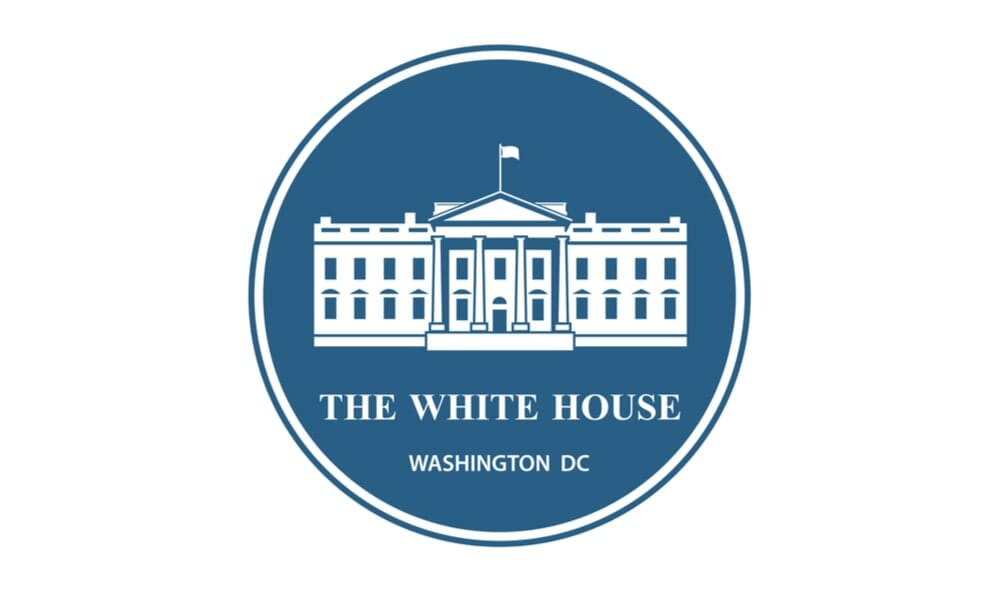Via a January 25 Presidential Proclamation, President Biden has suspended the entry into the United States of immigrants and nonimmigrants who were physically present within the Schengen Area, the United Kingdom (excluding overseas territories outside of Europe), the Republic of Ireland, the Federative Republic of Brazil, and the Republic of South Africa during the 14-day period preceding their entry or attempted entry into the United States.
- This proclamation reverses President Trump’s Jan. 18th proclamation lifting the travel ban from Ireland, European Schengen countries, U.K., and Brazil, which was to take place on Jan. 26.
- Effective 12:01 am EST on January 30, Biden’s proclamation will also add the Republic of South Africa to the list of restricted countries. South Africa was not on the list prior to now.
These restrictions do not apply to the following:
- Any lawful permanent resident of the U.S.
- Any noncitizen who is the spouse of a U.S. citizen or lawful permanent resident
- Any noncitizen who is the parent or legal guardian of a U.S. citizen or lawful permanent resident, provided that the U.S. citizen or lawful permanent resident is unmarried and under the age of 21
This proclamation is to remain in effect until terminated by the President.


